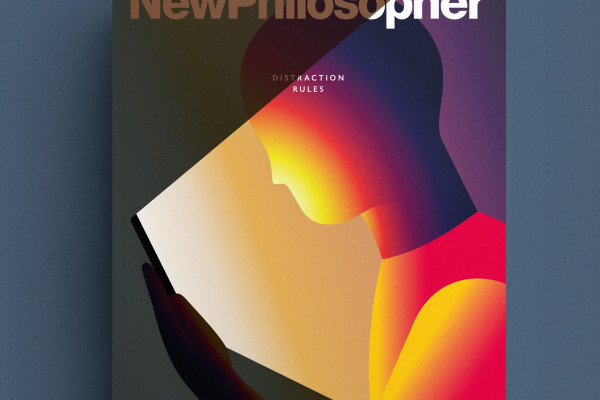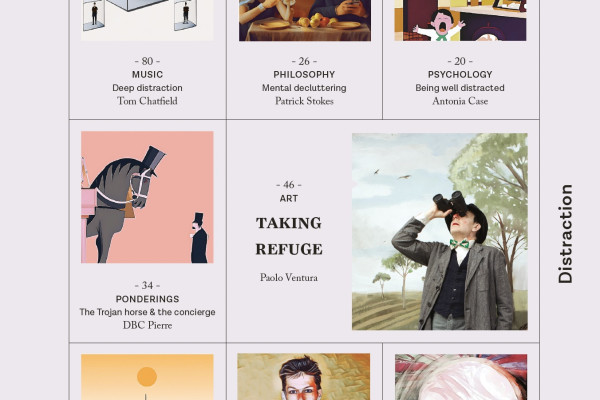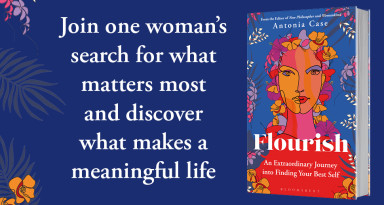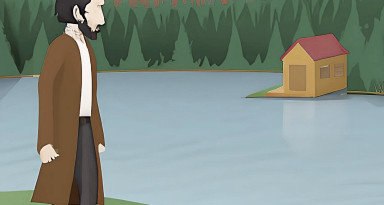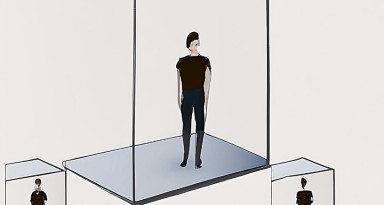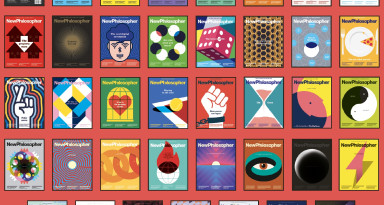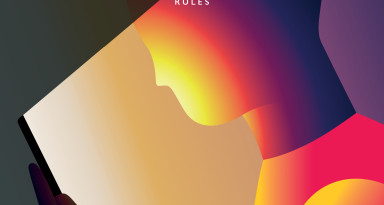“It is essential for you to remember that the attention you give to any action should be in due proportion to its worth.” - Marcus Aurelius
If I blew a trumpet in your ear while you were reading this, I’d be distracting you. You wouldn’t get a sentence straight in your mind. Your brain would be engaged in a juggling act – to read while simultaneously being subjected to the deep brassy notes of the trumpet. In today’s technological world of infinite distractions, how much of your life is experienced with the equivalent of trumpets sounding?
A recent study on office workers found that workers average 47 seconds on any screen before switching to another screen. Workers check their inbox on average 77 times a day, and, over the course of a day, switch tasks over 400 times. “We are determined to be interrupted,” concluded researcher Gloria Mark, a professor of informatics at the University of California, Irvine, “if not by others, then by ourselves.”
Mark found that many office workers were not compelled to distraction by messages and notifications so much as their own emotions – boredom, worry, as well as their desire to maintain social capital and influence. We use technology to keep us distracted because it’s nicer to be shielded by news, posts, weather reports, and messages from friends than to be nakedly exposed to the tempest of our own thoughts. “We labour at our daily work more ardently and thoughtlessly than is necessary to sustain our life,” wrote philosopher Friedrich Nietzsche, “because to us it is even more necessary not to have leisure to stop and think. Haste is universal because everyone is in flight from himself.”
We are right to be wary of our thoughts. Narrow negative thinking, or what’s commonly termed rumination, is characteristic of people with anxiety and depression. People who ruminate can do so for days, at considerable cost. The best way out of the maze is, of course, distraction. But distracted by what? By anything really, provided it’s in the here and now – the body’s movements or breath, focusing on a golf ball as it hurtles across the green, listening attentively to a friend, it doesn’t really matter, provided it has nothing to do with thinking. Being in the here and now, experiencing life unfolding before us, has immeasurable benefits. French philosopher and mystic Simone Weil says, “Above all our thought should be empty, waiting, not seeking anything, but ready to receive in its naked truth the object that is to penetrate it.”
Unlike the edgy dopamine pull we get from the anticipation of checking news, social media, and messages, being in the here and now offers a whole host of feel-good chemicals – serotonin, oxytocin, endorphins (like morphine for the brain), and endocannabinoids. Dopamine can have that sickening sense of something depleting within us, whereas these feel-good chemicals can feel more wholesome, more rounded at the edges.
In twenty-five years of research into happiness, psychologist Mihaly Csikszentmihalyi concluded that people who learn to control their inner experience are more able to determine the quality of their lives, which, he adds: “Is as close as any of us can come to being happy.” And the secret to success in the happiness stakes is to achieve control over the contents of your consciousness.
What you may discover after reading this issue of New Philosopher is that distraction as such is not the problem. Life is one big distraction. But what, in our day-to-day lives, is pulling us here and there almost without our consent? Is our consciousness blanketed by the trumpeting noise of electronic distractions, or are we using our inclination to distraction to pursue that which really matters to us?
- Antonia Case, Editor, New Philosopher
